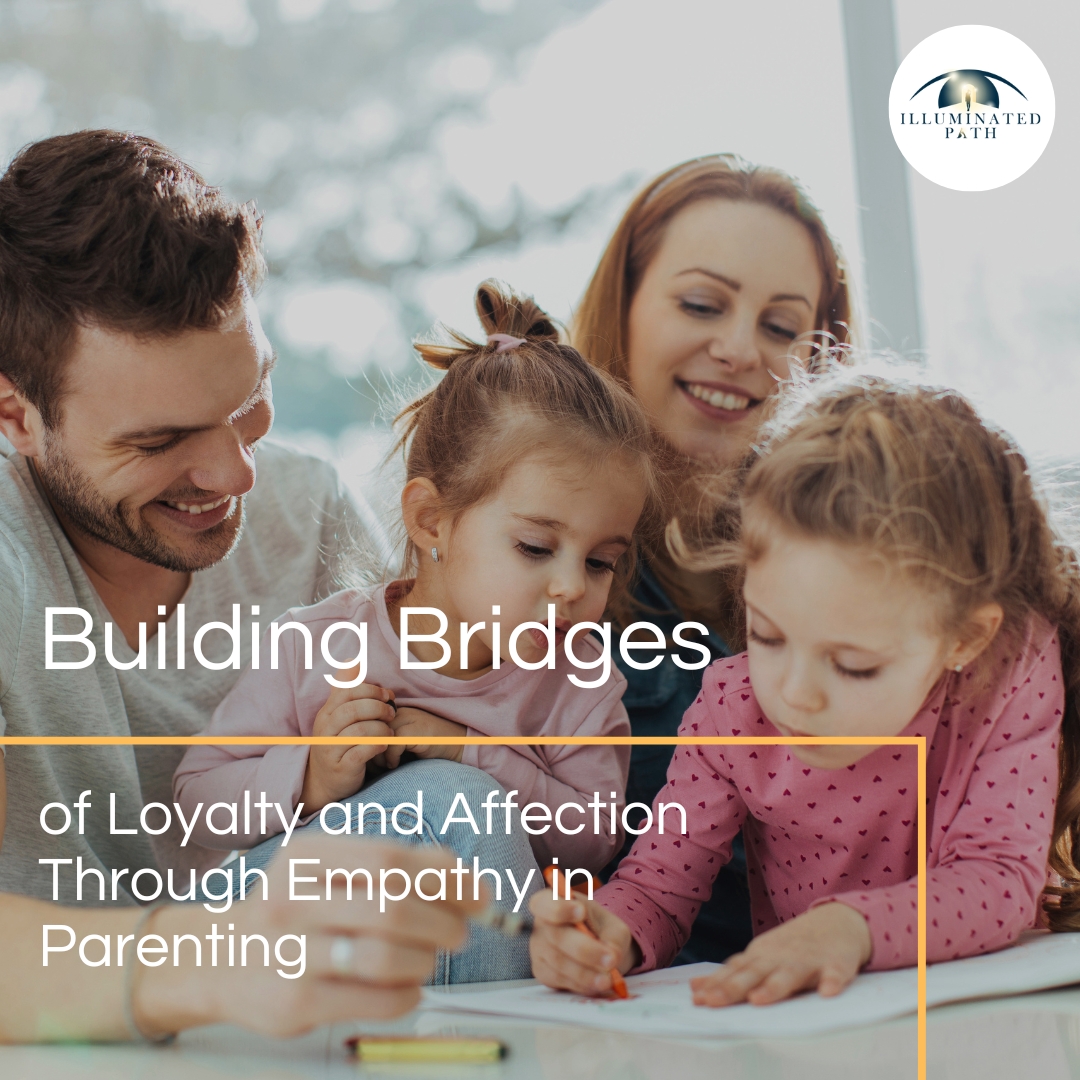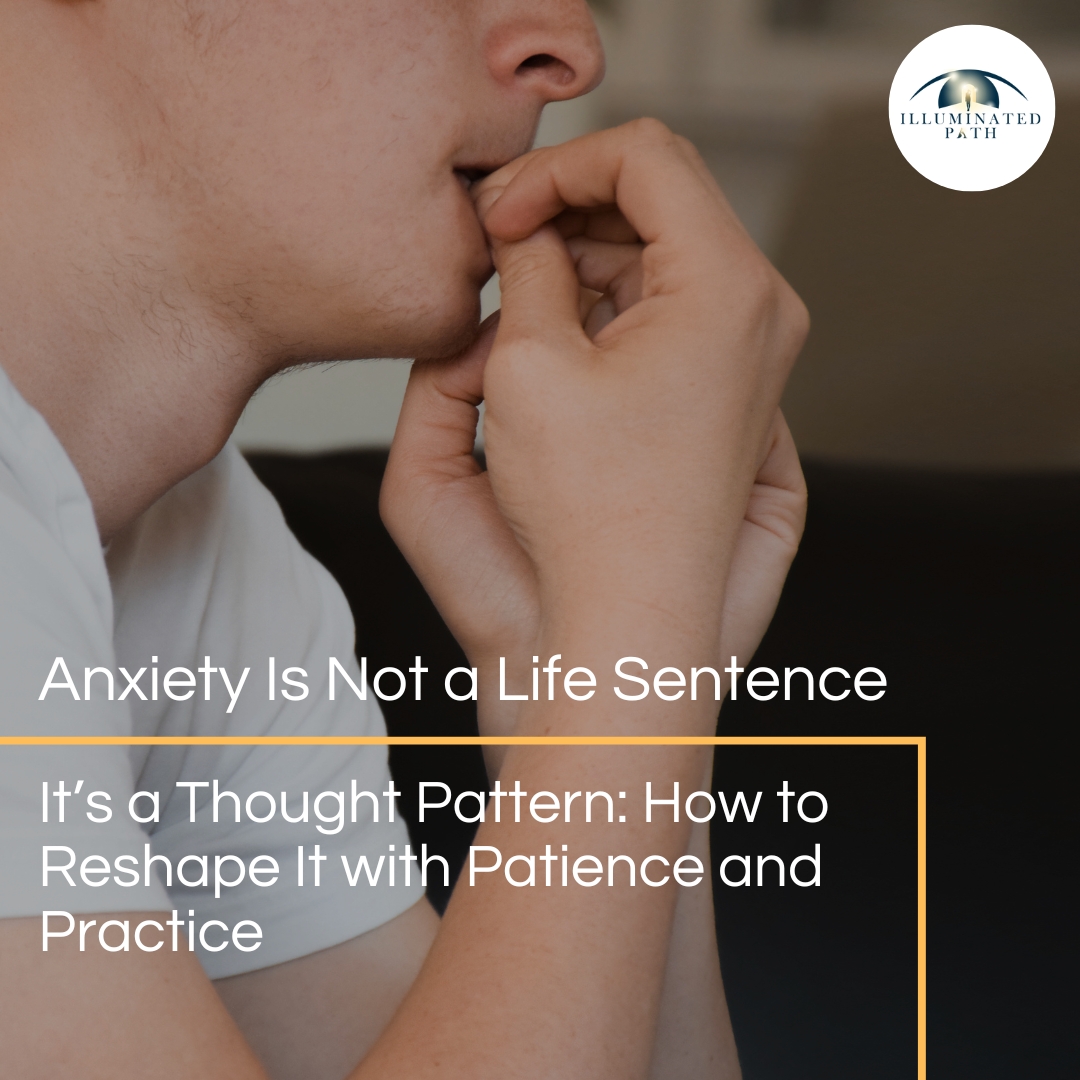
Parenting is often described as one of the most rewarding and challenging roles in life. Amid the joys of watching children grow and thrive, parents also face the delicate task of helping their children navigate difficult emotions such as anger, sadness, and fear. As the quote wisely states, “When parents offer their children empathy and help them to cope with negative feelings like anger, sadness, and fear, parents build bridges of loyalty and affection.” This powerful insight underscores the vital role of empathy in fostering emotional security, trust, and deep parent-child connections.
This article explores the significance of empathy in parenting, backed by research, data, and practical strategies to create strong, emotionally intelligent families.
The Power of Empathy in Parenting
Empathy is the ability to understand and share the feelings of another. In parenting, this translates to recognizing your child’s emotions, validating their experiences, and offering support to help them navigate their inner world. Empathy serves as the cornerstone of emotional development and healthy relationships.
John Gottman, renowned psychologist and researcher, emphasizes that when parents respond empathetically to their children’s emotions, they build a foundation of trust and loyalty. This emotional attunement helps children feel understood, valued, and secure.
The Science Behind Empathy in Parenting
Studies consistently highlight the positive impact of empathetic parenting:
Emotional Regulation
Children whose parents model empathy are better equipped to regulate their emotions. A study published in Developmental Psychology (2020) found that empathetic parenting significantly improves children’s ability to manage stress and emotional challenges.Mental Health Benefits
Empathy-driven parenting is linked to lower levels of anxiety and depression in children. According to research in the Journal of Family Psychology (2019), children raised in empathetic households are less likely to develop internalizing disorders.Social Skills Development
Empathetic parenting fosters the development of prosocial behaviors, such as kindness, cooperation, and conflict resolution. A meta-analysis in Child Development (2018) revealed that children of empathetic parents exhibit higher levels of social competence and peer acceptance.
Statistics on Parenting and Emotional Development
- Parental Support: According to the American Psychological Association (2022), children with supportive and empathetic parents are 42% more likely to exhibit emotional resilience compared to those raised in less nurturing environments.
- Emotional Validation: A report by Harvard University’s Center on the Developing Child highlights that 70% of children who experience emotional validation from parents are better at handling adversity in adulthood.
- Parent-Child Relationship: A survey by Parenting Science (2021) found that 82% of parents who practiced empathy reported stronger relationships with their children.
The Consequences of Neglecting Empathy
Failing to empathize with children’s emotions can lead to unintended consequences, including:
- Emotional Suppression: Children may learn to suppress their emotions, leading to difficulties in emotional expression and self-awareness.
- Weakened Bond: Lack of empathy can erode trust and affection between parents and children, creating emotional distance.
- Behavioral Issues: Children who feel misunderstood are more likely to exhibit behavioral problems, as noted in a study published in Pediatrics (2017).
Practical Strategies for Empathetic Parenting
Active Listening
Pay full attention when your child shares their feelings. Avoid interrupting or judging, and respond with validating phrases like, “I can see why you’d feel that way.”Acknowledge Their Emotions
Rather than dismissing or minimizing emotions, acknowledge them. For example, say, “It sounds like you’re really upset about what happened at school. Let’s talk about it.”Teach Emotional Vocabulary
Help children articulate their emotions by introducing words like “frustrated,” “disappointed,” or “anxious.” This builds their emotional intelligence.Model Empathy
Show empathy in your daily interactions, whether with your child, your partner, or others. Children learn empathy by observing empathetic behavior.Encourage Problem-Solving
Guide your child in finding solutions to their emotional challenges. For instance, if they’re angry, ask, “What do you think might help you feel better?”Be Patient
Empathy takes practice, especially during challenging moments. When emotions run high, take a deep breath and remember the long-term benefits of your approach.
Real-Life Example: Empathy in Action
Consider a child who is upset after losing a soccer game. A dismissive response might be, “It’s just a game; stop crying.” In contrast, an empathetic response could be:
“I can see you’re really upset about losing the game. It’s okay to feel disappointed—it shows you care about doing well. Let’s talk about what we can learn from this experience.”
By validating the child’s emotions and guiding them through the situation, the parent reinforces emotional resilience and strengthens their bond.
The Long-Term Impact of Empathy in Parenting
Children who grow up in empathetic environments are more likely to become emotionally intelligent adults. They tend to have healthier relationships, better coping skills, and higher self-esteem.
A longitudinal study published in the Journal of Adolescent Health (2020) found that empathetic parenting during childhood was associated with a 65% increase in emotional well-being during adulthood.
Balancing Discipline and Empathy
Empathy in parenting does not mean forgoing boundaries or discipline. Instead, it involves setting limits with understanding and compassion. For example:
- Instead of saying, “Stop throwing your toys, or I’ll take them away,” try, “I understand you’re frustrated, but throwing toys can hurt someone. Let’s find another way to express your feelings.”
This approach combines empathy with clear guidance, teaching children accountability without shame.
Conclusion
Empathy is the bridge that connects parents and children on a deeply emotional level. By helping children cope with negative feelings like anger, sadness, and fear, parents not only build loyalty and affection but also lay the foundation for their child’s lifelong emotional health.
The journey of empathetic parenting may not always be easy, but the rewards—stronger bonds, emotionally resilient children, and a more harmonious family life—are well worth the effort. As we embrace empathy in our daily interactions, we create an environment where children feel safe, understood, and truly loved.
Let’s remember: the heart of parenting lies not in perfection, but in connection.

The Author
Dr. Shadi Souferian Psy. D.
Licensed Clinical Psychologist
Therapist And Psychologist in Los Angeles And Beverly Hills.






